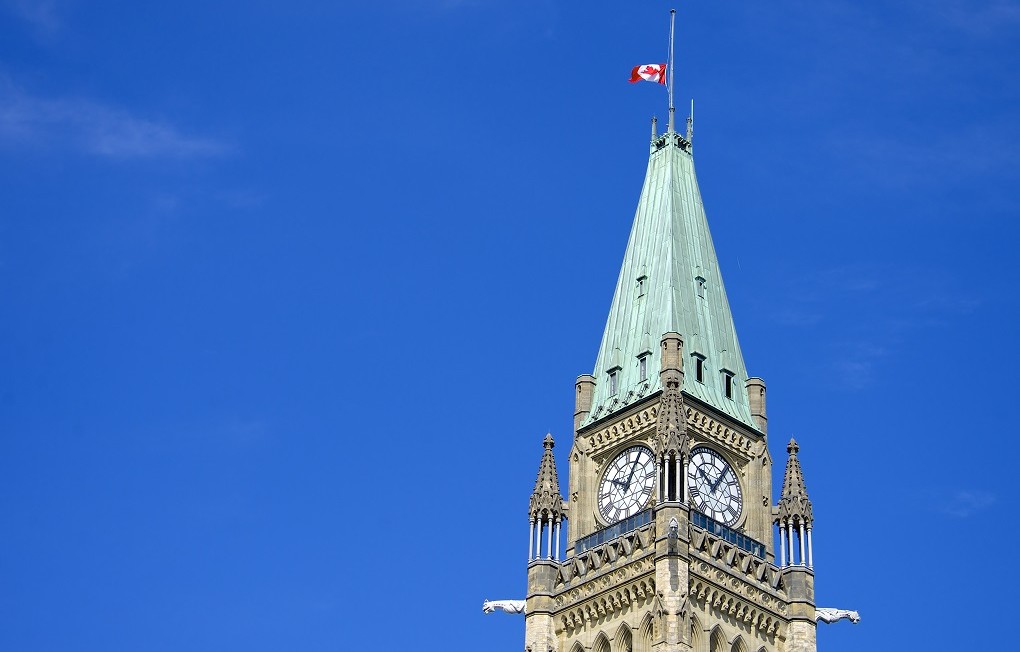Strategic voting is an unfortunate by-product of our antiquated and entirely rudimentary electoral system. The principle of first passed the post (FPTP) is an insufficient means of administering elections by any country claiming to be a democracy. Citizens’ votes ought to be reflected fairly and accurately in our legislatures, however, this has never been nor is currently the case in Canada where parties’ numbers of seats rarely correlate to the shares of the popular vote they received.
Consider Canada’s 41st general election in 2011: Conservatives won 166 seats with 39.62 percent of the popular vote; New Democrats, 103, with 30.63 percent; Liberals, 34, with 18.91 percent; the BQ, 4, with 6.04 percent; and Greens, 1, with 3.91 percent. There is something fundamentally wrong with this allocation.
[related_content slugs=”meet-manitobas-trans-phobic-parliamentarians,decade-in-the-making-do-nothing-climate-plan-a-national-disgrace,dont-dismiss-dignity,when-the-facts-change-harper-ignores-them” description=”More from Kris Ade” position=”right”]While approximately 40 percent of Canadians voted for the Conservatives, for example, they won nearly 54 percent of the seats. The NDP won 33.44 percent of the seats, despite earning 30.66 percent of the popular vote. The Liberal Party, which received 18.91 percent of the popular vote, only won 11 percent of the seats. This, in a nutshell, is the distortion in question—and it is neither fair nor just.
Had our system been fairer and correlated more closely with the true wishes of the electorate, the 2011 House of Commons would have looked like this: Conservatives would have won 122 seats; New Democrats, 94; Liberals, 58; the BQ, 18; and Greens, 12.
This inherent unfairness and inaccuracy of our electoral system will be once again an issue as the country heads to the polls in October (if not beforehand). With the exception of the Conservative Party, every other national party is now on the record as being in favour of reforming our electoral system. (It has been the policy of both the Green Party and the NDP for many years. The Liberals, no doubt tired of being on the losing end of the FPTP distortion, are now also championing the issue.) The support of these parties to reform the electoral system will not be enough: real change—the actual kind, not the slogan—will require more than that: millions more Canadians need to give a damn about our democracy.
Nearly 40 percent of eligible voters stayed home in the last election. Voter turnout has been on a steady decline for decades. It is neither accurate nor enough to blame the politicians. Sure, our politics is growing increasingly distasteful; a growing number of people believing there is little point of voting because, “nothing changes,” and, “they’re all the same.” Horsepucky. Things can change and they are most certainly not all the same. One need look no further than Alberta for proof, or imagine what Winnipeg would be like with Russ Wyatt as mayor.
Our politics are an extension of ourselves, not something that exists separately from us. Even those who cannot be bothered to vote are a part of this system; their inaction is an endorsement of the sorry status quo. Our entire political system—from the way we structure our institutions to the manner in which we select those to serve within them—are symbolic of how we see ourselves, and what we value as a country. What the current Parliament of Canada says about us is very sad, indeed.
More importantly, however, politicians’ conduct themselves—often lamely, occasionally outrageously, sometimes even criminally—according to the whims and wishes of the electorate. Pierre Poilievre dons a Conservative Party polo shirt at his Christmas-in-July UCCB bonanza because enough people do not care he does so. Some even like and respond positively to such crass politicking… or the beer and popcorn they can buy with their taxable government cheque.
Fundamentally, the sorry state of Canada’s democracy is Canadians’ fault because too few have demanded anything more or better from those who represent us. Will things be different in October? The answer depends entirely on us.
***
Kris Ade is a former political advisor, communications consultant, debate educator and trained chef. You can find him on Twitter at @krisade.
